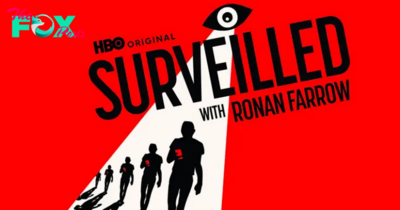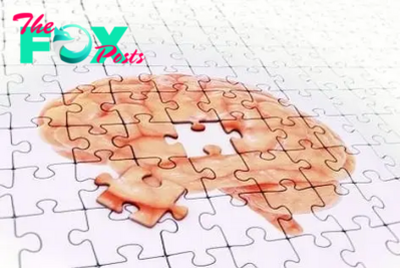Technology
Google begins opening access to its ChatGPT competitor Bard
Alphabet Inc's Google on Tuesday began the public release of its chatbot Bard, seeking users and feedback to gain ground on Microsoft Corp in a fast-moving race on artificial intelligence Technology.
Starting in the US and UK, consumers can join a waiting list for English-language access to Bard, a program previously open to approved testers only. Google describes Bard as an experiment allowing collaboration with generative AI, Technology that relies on past data to create rather than identify content.
The release last year of ChatGPT, a chatbot from the Microsoft-backed startup OpenAI, has caused a sprint in the technology sector to put AI into more users' hands. The hope is to reshape how people work and win business in the process.
Just last week, Google and Microsoft made a flurry of announcements on AI, two days apart. The companies are putting draft-writing Technology into their word processors and other collaboration software, as well as marketing related tools for web developers to build their own AI-based applications.
Asked whether comPetitive dynamics were behind Bard's rollout, Jack Krawczyk, a senior product director, said Google was focused on users. Internal and external testers have turned to Bard for "boosting their productivity, accelerating their ideas, really fueling their curiosity," he said.
In a demonstration of the site, bard.google.com, to Reuters, Krawczyk showed how the program produces blocks of text in an instant, different from how ChatGPT types out answers word by word.
Bard also included a feature showing three different versions or "drafts" of any given answer among which users could toggle, and it displayed a button stating "Google it," should a user desire web results for a query.
Unlike ChatGPT, Bard is not proficient in generating computer code, Google said on its website. Google also said it has limited Bard's memory of past exchanges in a chat and that at present it was not using Bard for advertising, core to Google's business model.
Accuracy remains a concern. "Bard will not always get it right," a Google pop-up notice warned during the demo. Last month, a promotional video showed the program answering a question incorrectly, helping shave $100 billion off Alphabet's market value.
Google highlighted a couple mistakes during the demonstration to Reuters, for instance saying Bard wrongly claimed ferns required bright, indirect light in response to one query.
Bard also produced nine paragraphs of text when asked for four in another. After that answer, Krawczyk clicked a thumbs-down button for feedback.
"We know the limitations of the technology, and so we want to be very deliberate at the pace at which we roll this out," he said.
-

 Technology23m ago
Technology23m agoTiny laboratories that fit in your hand can rapidly identify pathogens using electricity
-

 Technology6h ago
Technology6h agoInvestigative Journalist Ronan Farrow Talks Documentary About Military-Grade Spyware Being Used Against American Citizens
-

 Technology22h ago
Technology22h agoOpioid-free surgery treats pain at every physical and emotional level
-

 Technology22h ago
Technology22h agoMeat has a distinct taste, texture and aroma − a biochemist explains how plant-based alternatives mimic the real thing
-

 Technology3d ago
Technology3d agoAI harm is often behind the scenes and builds over time – a legal scholar explains how the law can adapt to respond
-

 Technology3d ago
Technology3d agoAwkwardness can hit in any social situation – here are a philosopher’s 5 strategies to navigate it with grace
-

 Technology3d ago
Technology3d agoNo need to overload your cranberry sauce with sugar this holiday season − a food scientist explains how to cook with fewer added sweeteners
-

 Technology4d ago
Technology4d agoThere Is a Solution to AI’s Existential Risk Problem



























